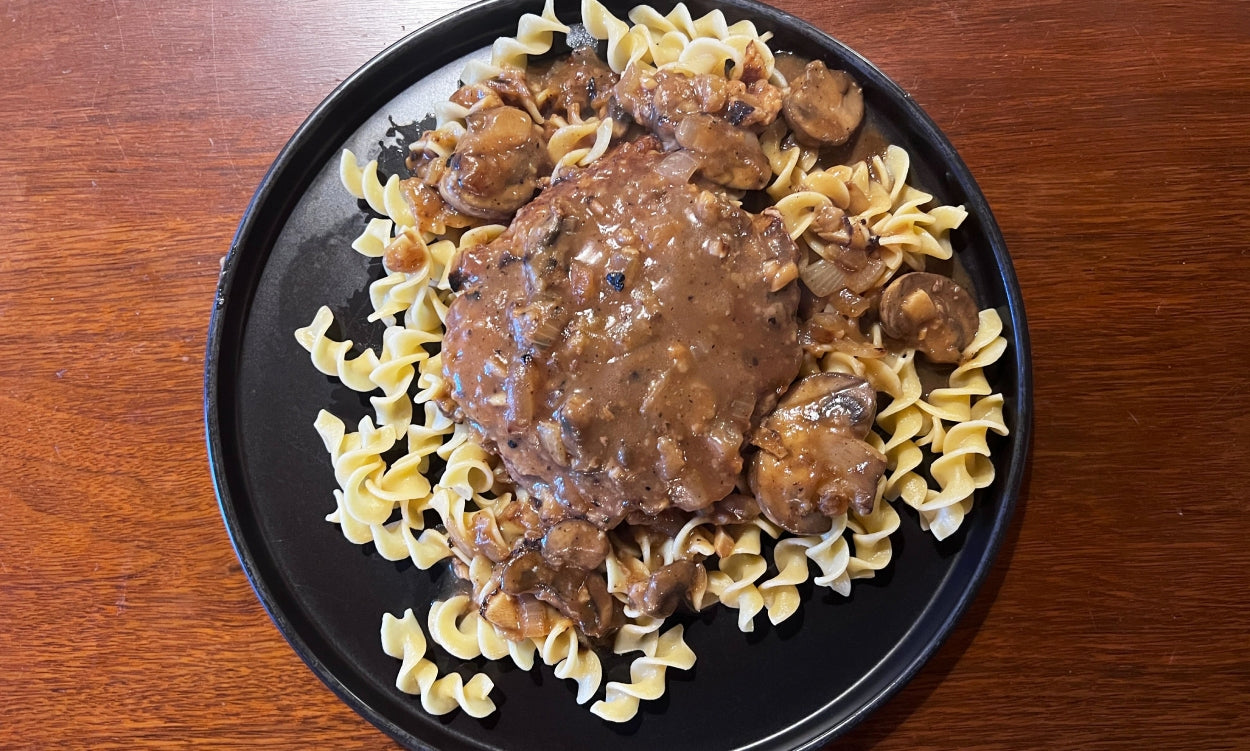Eating Clean Food To Drink Clean Water

I have a friend who works for the local water company. He’s a lawyer tasked with protecting the watershed, keeping development away from the primary reservoir and industry from threatening the water upstream. It is a lot of work and work that is often ignored by those of us who daily fill our glasses with clean drinking water. “People just assume clean water will always be there,” he told me. “They don’t understand how hard it is to keep a clean drinking supply intact.”
Some of us have begun to pay attention to clean water after the crisis in Flint, Michigan, where cut corners created a catastrophe. In my own state, one of our most important rivers is under threat from a confinement hog operation that has the potential to leach manure into the Buffalo National River. Animal agriculture, then, is part of the issue when we think about when considering how to keep clean water flowing.
But good animal husbandry can also be a key part of the solution. Pasture-based farming is patterned on natural processes in which chickens and sheep and cattle fill niches in the ecosystem—helping the water and nutrient cycles run in a clean, healthy way. As profiled in Judith Schwartz’s recent book, Water in Plain Sight: Hope for a Thirsty World, holistic manager Alan Savory has shown that mob grazing in semi-arid environments helps to break up the soil and give it more water holding capacity. This means that water runs down, into the soil, rather than across it filling streams with sediment and pollution.
Many of us are attracted to pasture-raised meats because of the health they offer to our bodies. We know, too, that clean water is essential for health, for ourselves and for the ecosystem. What we need to see now is that farming practices like those used by Grass Roots farmers help to provide us with both healthy food, and also with healthy water.
By keeping soil in place with pasture cover, they are helping to keep sediment out of streams. By grazing in rotational patterns manure is spread over the land at a rate that biological process can use to build the soil rather than creating runoff.
By introducing periods of intensive, heavy-hoof action the soil is worked to create a more porous soil structure. Unlike industrialized agriculture that results in problems of waste and pollution, good pasture based agriculture creates health on every level from clean water to meat rich in anti-inflammatory omega-3 fatty acids.

In a world where clean water is becoming scarce, it is essential that we pay attention to it and make choices in every area of our lives that affect it. Buying meat from pasture-based farms such as those represented in the Grass Roots Farmers Cooperative is one of the best choices we can make for clean eating and clean water.
Recent Posts






